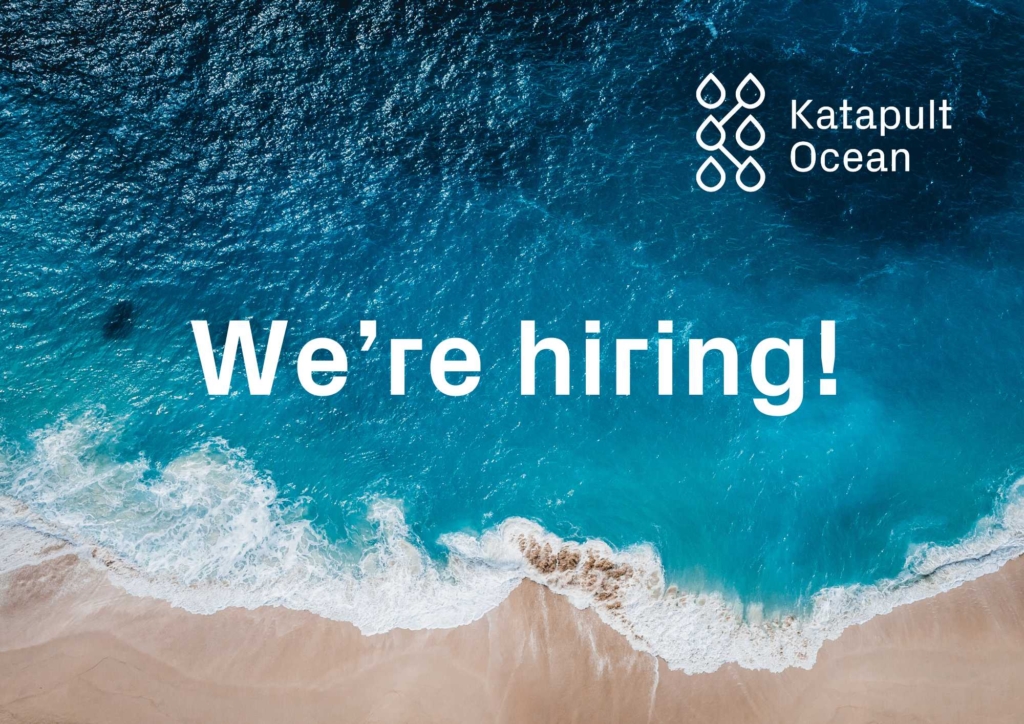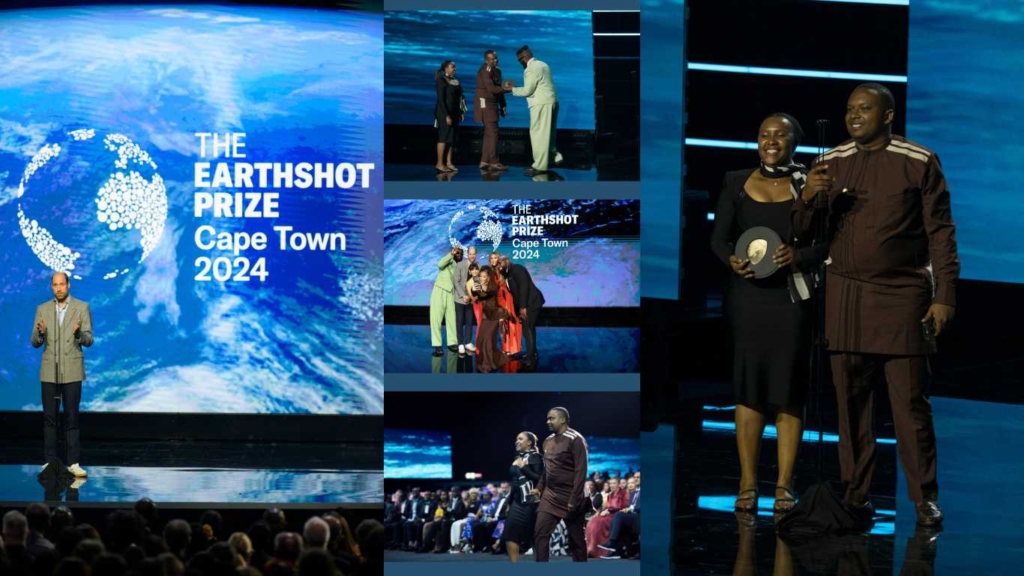01 – The Big Idea: Profits because of impact

Dear Katapult followers, investors and entrepreneurs – welcome to a short article series on why we do what we do.
A little over 7 years ago, I was presented with a compelling idea: investing into solving the world’s biggests problems like food scarcity, fossil-based energy, or social inequality will offer the world’s biggest business opportunities.
At the time I was a relatively fresh MBA, coming out of a decade in the consultancy space, and launching some of my own ventures. Historically, MBAs were introduced to the academic community to do one thing: spawn cohorts of new managers that would drive profit and financial gain. Indeed the purpose of a company, we were told, is to maximize shareholder value. Corporate finance, performance management, foreign direct investment, global marketing, accounting, business management – these were the kinds of subjects I was taking and none of them, absolutely none, were addressing social or environmental impact. Sure, there were words thrown around like “triple bottom line” and ESG but the meaning behind those terms were “clear as mud” as one of my professors used to put it.
Fast-forward to 2022 and the narrative has shifted. Fueled by a brutal war in Ukraine, unrelenting climate-records, and a global food shortage – people, governments and corporations are starting to grasp the obvious. Not only are we morally obligated to fix the collateral damage after 150 years of industrialization, but doing so can lead to exceptional returns.
And so there it was, the big idea. Profits because of impact. I was intrigued because prior to that, I had spent a lot of time hanging around either technology maximalists who were busy solving mundane problems with sophisticated computer algorithms, or corporate lackeys that were trapped inside a myopic world of incremental innovation. These impact folk, however, they were talking about tectonic shifts, exponential technology and saving the world (!). But was it all just a hyperbole? After 7 years, here’s a list of why I think it’s not.
The problems are fundamental. Katapult invests money into impact startups. These entrepreneurs are solving genuine problems for the sake of themselves, their families, and the planet as a whole. We are talking about underlying, deep-rooted problems that won’t go away even if the world takes a gut-wrenching U-turn in the business cycle (much like the covid stimulus hangover we’re going through now). Problems like GHG emissions, deforestation, water shortage, climate disasters, biodiversity loss, overfishing, social inequality and war. They’re not going away. In the next decade, not only will the public demand to fix REAL problems increase, but regulatory tailwinds will encourage an onslaught of founders to tackle them thus setting the stage for one of the biggest opportunities in history.
Smart investors see the writing on the wall. The thing is, climate risk poses a significant investment risk and the smart people know it. We are quickly heading into a global race to net-zero carbon emissions and when a financial behemoth like Blackrock is openly stating its commitment to climate and sustainability, instinctively, you know a lot of people will start to worry about stranded assets. Best not be the last sucker holding the bag and with ESG assets set to surpass a whopping €50bn in 2025, the fomo is certainly getting real.
Consumer sentiment is not going away. Sure, customers want cheap products delivered efficiently at high quality. But in 2022 you cannot deny there is a profound desire, and growing demand for sustainable products that sell at a premium. We believe, not only will this trend continue, but it will redefine the marketplace as we know it and funnel capital to the brands that put impact & sustainability at the heart of the company. Green-washing & ESG was step one. Sustainability & accountability in your manufacturing process will be step two. Blockchain-powered value-chain traceability & full impact tracking will be step three.
Noble causes attract the best talent. I used to work in the oil & gas industry. It might have been a booming work bonanza during the early 70s, but whatever glamor, excitement and sense of pioneership was there, has surely come and gone. Pumping hydrocarbons thousands of meters below the ocean surface doesn’t appeal to the Facebook generation any more than building a better fission-bomb appealed to the Baby-boomers after WWII. The best digital talent today will naturally draw to the most noble causes, where the impact potential is equally as important as the financial upside.
A community of pizzazz. Let me ask you this: What work-climate and halo of energy do you mostly thrive in? If it’s bureaucracy, incremental innovation and corporate ennui, you might shun away from impact investing. However, if it’s a real sense of purpose, mission-driven people with grand ideas of systematic positive change, I’m telling you, this is where you need to be. I recently came back from a longer stay in Mauritius where Katapult launched its accelerator program, and was completely blown away by the people that, as soon as you mentioned impact, came out of the woodwork. Corporate managers, CEOs, politicians, entrepreneurs and community leaders, they all rallied when the vision to bring Mauritius to the forefront of regenerative change in our food systems. Even the Prime Minister and his whole cabinet rushed to the inaugural launch. That’s the kind of gravitational pull that only comes with true impact.
But here’s the rub. Most people don’t fully understand this space. You mention the word ‘impact’ and most assume there’s a trade off – surely, ridding the ocean of plastics, funding the next breakthrough in solar-energy, or giving immigrants access to credit scores can’t be billion-dollar businesses. Except, they can. And we have them in our portfolio.
Hence this series of articles. In the following months I will be sharing a truckload of posts to dive deeper into the inner mechanisms of Katapult, and share a few pointers for investment professionals trying to make their organization truly fit for the 21st century. Stick around and I will unpack some trade secrets I’ve picked up, so you can make better decisions.
– Marcus Hølland Eikeland is a Partner at Katapult and Director of Program. Stay tuned for the next instalment in the series
Read the latest news from Katapult, here.

